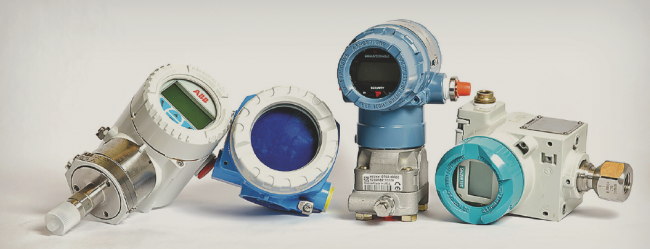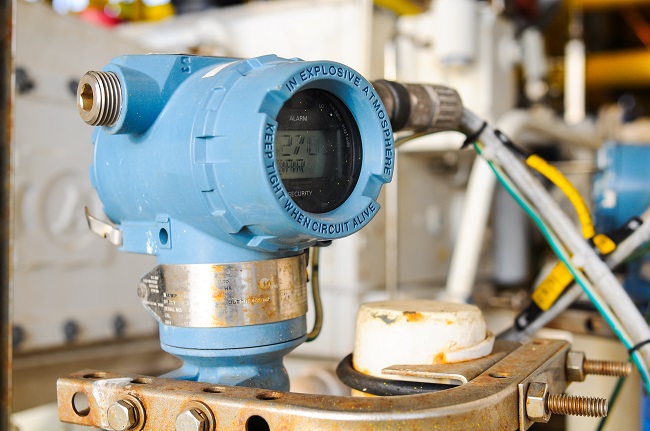What is a Smart Transmitter and is calibration of Smart Transmitters necessary?
What is a Process Transmitter?
A process transmitter is a device that senses a physical parameter, whether that be pressure or temperature in an application and generates an output signal proportional to the measured input.

What is a ‘Smart’ Transmitter?
In order for an instrument to be coined ‘Smart’, it usually utilises a microprocessor. A microprocessor-based smart transmitter has a memory that can perform calculations, produce diagnostics and out-perform older, more conventional transmitters, when it comes to accuracy and stability.
A ‘Smart’ Transmitter would also have a digital communication protocol that can be used for reading the transmitter’s measurement values and for configuring various settings in the transmitter. For engineer’s who need to configure and calibrate the transmitter, the digital communication protocol makes the biggest difference. Engineers can no longer simply measure the output analogue signal – they need to be able to communicate with the transmitter and read the digital signal.
Digital communication with Smart Transmitters
The most common digital communication protocols is HART protocol, which stands for Highway Addressable Remote Transducer.
A HART transmitter contains both a conventional analogue mA signal and a digital signal superimposed on top of the analogue signal. Since it also has the analogue signal, it is compatible with conventional installations. Field bus and Profibus contain only a digital output, with no analogue signal.

Is calibration of Smart Transmitter important?
Although a ‘Smart’ Transmitter is advertised as being smart and extremely accurate, there is still a need to calibrate the instruments. The output protocol of a transmitter does not change the needs for calibration. Put simply, calibration must always be a priority due to the following reasons:
- Even the best instruments and sensors drift over time, especially when used in challenging process applications.
- Regulatory and quality standards often state the minimum time period for instrument calibration.
- Economical reasons – measurement of process parameters often has a direct economical effect.
- Health & Safety – it is essential that regular checks are performed in order to adhere to necessary health and safety requirements.
- Calibration is necessary to achieve high and consistent product quality and to optimise processes.
Get the latest process industry news
Interested in receiving even more industry-leading news from Process Industry Forum delivered directly to your inbox? Then sign up to our free newsletter. Bringing you the latest news, trends, innovations and opinion from across the process industry, our exclusive newsletter gives you all the industry insights of the moment in one, easy-to-digest bulletin. Stay ahead of the competition with regular process industry news instalments from PIF.

